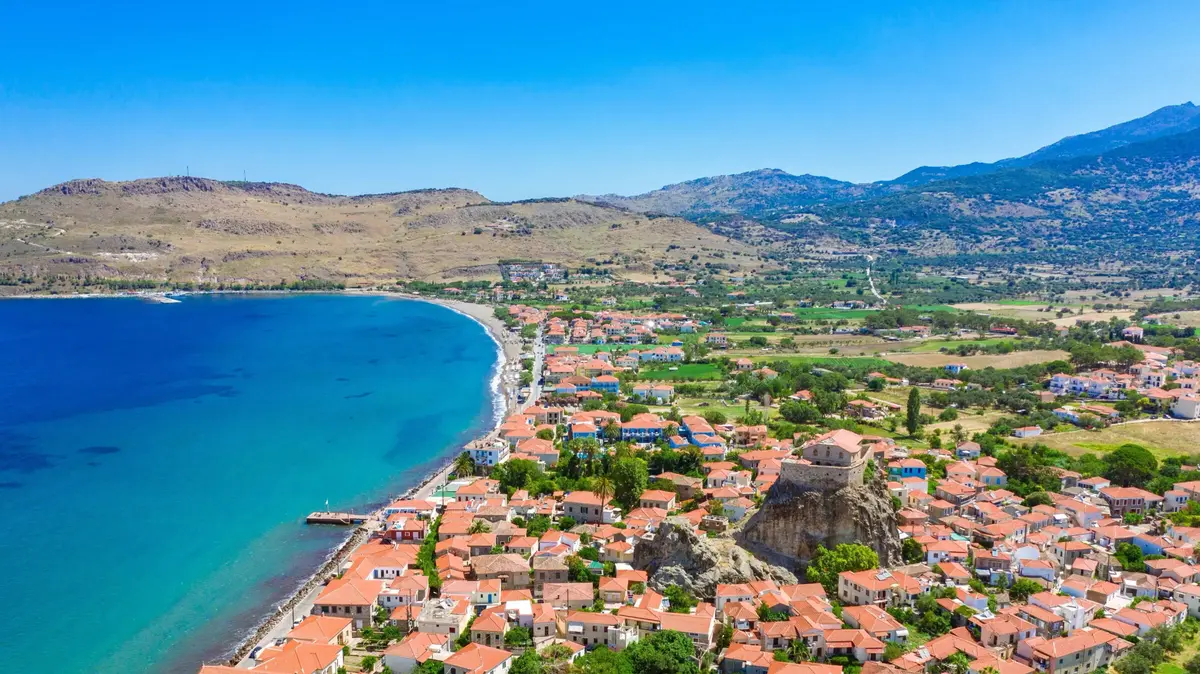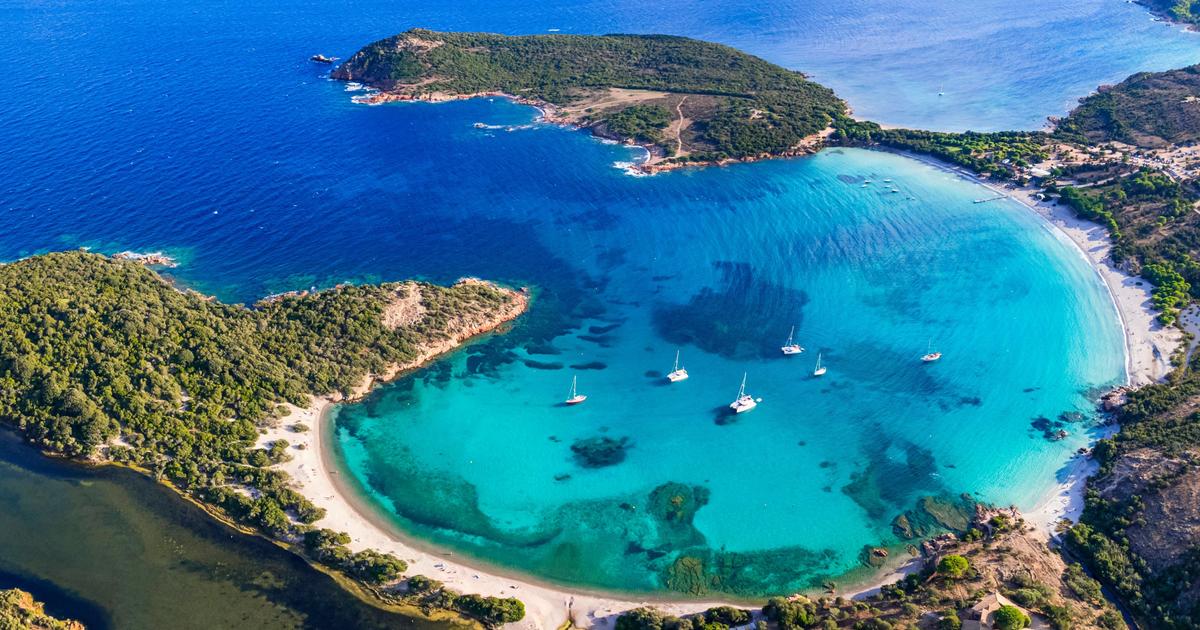- Click to share on Facebook (Opens in a new window)
- Click to share on Twitter (Opens in a new window)
- Click to share on LinkedIn (Opens in a new window)
- Click to email a friend (Opens in a new window)
(CNN) - You make restaurant reservations, sure. But how about booking in advance just to get a spot on the beach sand?
That is exactly what some beach lovers will have to do in Spain this summer, thanks to the coronavirus crisis.
Canet d'en Berenguer, a Mediterranean city located just north of Valencia, will only allow 5,000 people sunbathing daily on its local beach, about half the usual number, to maintain social distance.
These spaces must be reserved in advance through a mobile phone application.
"This summer will be very different," Pere Joan Antoni Chordá, mayor of the city, told CNN. “There will be more space between your neighbor. Like a 'business class' beach. ”
Canet will use a grid pattern to divide his wide, flat beach into square sections, each two meters apart.
The sections will be outlined by placing a series of nets in the arena that look like huge soccer goal nets, to accommodate larger groups of bathers.
Beach visitors can book a session for sunbathing, either in the morning or in the afternoon, but not throughout the day.
According to the mayor, bathers can reserve any available area, just like when selecting seats online from a movie theater, and arrival times will be staggered to avoid crowds.
Crowd control on the beach
Once they arrive and confirm their reservation with the staff, beach visitors will be escorted to their assigned section.
Antoni considers that early bookings and staggered arrival times are an essential measure.
"I couldn't control the flow of people [without the new measures]. They would all be together, contaminating each other, "he explains.
Canet d'en Berenguer is not the only Spanish city that chooses to limit access to the beach this summer.
This representation shows how authorities plan to cordon off the areas to keep people at a safe distance from each other. Courtesy: Sanxenxo City Council
In Galicia, in the Atlantic Ocean, Sanxenxo will only allow those who sunbathe on a first-come, first-served basis.
However, Mayor Telmo Martin says he is not concerned about crowds building at beach access points.
"Tourism is 80% of our economy," Martin tells CNN. “We have to find solutions so that our people feel safe, from the point of view of health. I ask for everyone's responsibility. ”
Located just an hour's drive north of the Portuguese border, Sanxenxo aims to allow a maximum of 75% of its normal bathers.
The city, one of the main tourist destinations in northern Spain, is also opting for sectional grid patterns for sunbathing with at least 1.5 meters between them, on its main beach.
In addition, according to Martin, wooden posts with attached ropes will be added to form small squares for a few bathers, or larger ones for a larger group.
City workers must control access to the beach, accompanying bathers to each section.
However, bathers here will no longer be able to occupy a place all day by simply leaving their towels on it.
If they go to lunch, they lose their place in front of others, says Martin.
Assigned sunbathing areas
This representation shows how the authorities will deploy networks in Canet d'en Berenguer. Courtesy: Canet d'en Berenguer Town Hall
Both cities plan to clean the beaches more frequently than in previous summers, with Canet lifting the thick nets from the sand each morning to let the cleaning machines pass.
At Sanxenxo, cleaning machines will simply traverse the rows of wooden posts, like a tractor through vineyards. Public restrooms and shower areas will also be disinfected regularly.
While both cities hope to open their beaches in June, the confirmed dates will ultimately depend on the de-escalation of Spain's state of emergency, which has been in effect since March 14.
The Spanish government has just begun to slowly lift restrictions on strict confinement, but any further changes depend on low infection rates in specific territories, which for officials must have hospitals equipped and ready to handle a potential second wave of coronavirus.
"It is new for all of us," says Martin, a member of the conservative Popular Party, who has been mayor of Sanxenxo for a total of eight years in two terms.
"People already tell me that they want even more space on the beach," says Antoni Chordá de Canet, a member of the Socialist Party who was elected mayor just eight months ago.
Canet has budgeted 500,000 euros (US $ 542,000) for his special beach plan this summer, while Sanxenxo will include his special plan within his budget of 3.5 million euros (US $ 3.8 million) for summer activities, according to the mayors.
Both cities have small permanent populations that quadruple in the summer, when part-time residents flock to their vacation homes, and tourists passing or staying in hotels in the city visit the beaches.
With reservations or not, the summer in these two cities will be a test of whether bathers can stay in their assigned areas, and to a large extent keep separate from each other, both mayors say.
SpainBeach








